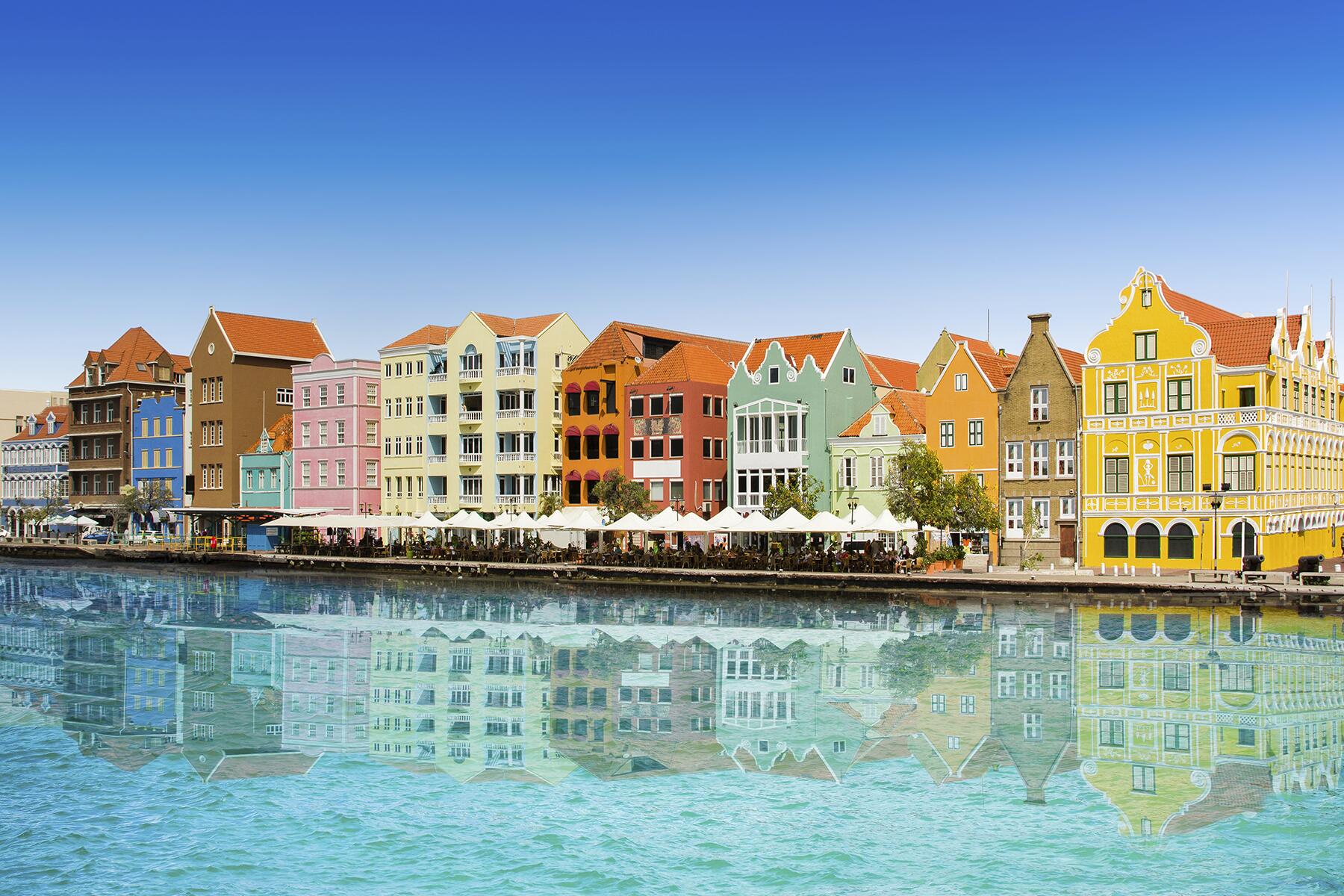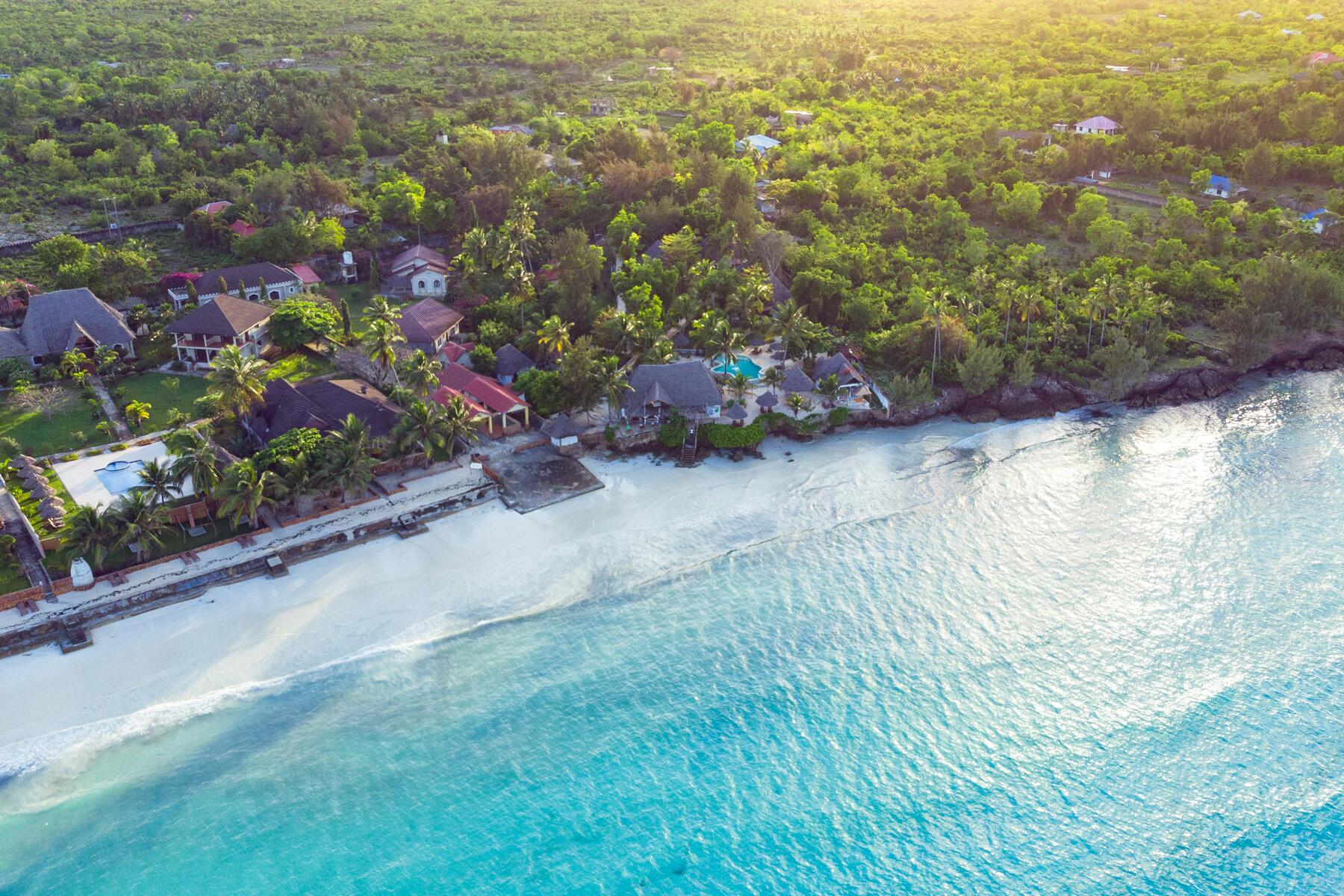Sea turtle meat is a delicacy in many regions.
In an unfortunate accident last week, nine people died and 78 were hospitalized after consuming sea turtle meat in Zanzibar. Eight children and the mother of one of the kids perished due to chelonitoxism, a fatal type of food poisoning.
Sea turtle meat is a delicacy on the Tanzanian archipelago, and in various other parts of the world. Historically, sea turtles have been an important source of protein for coastal regions and is incorporated into cuisines. They are also considered an aphrodisiac in some cultures and the shells are used for ornaments and jewelry.
The food poisoning wasn’t a one-off case. In 2021, seven people, including a three-year-old, died on Pemba Island in Zanzibar while 38 others were hospitalized because of chelonitoxism. Madagascar also had casualties in March 2021 when nine children and 10 adults succumbed after eating turtle meat. Cases of chelonitoxism have also been reported in Mexico, the Philippines, and the Indian Ocean islands.
A Species in Danger
Eating turtle flesh can cause severe cases of food poisoning because this is no available antidote. From mild gastroenteritis issues like nausea to severe neurological issues, the symptoms vary and children and the elderly may be affected more. In fact, toxins can be transferred from breast milk from mother to child.
There’s another reason to avoid eating turtle meat when traveling—sea turtles are considered to be endangered and in many countries, it is illegal to consume them.
Recommended Fodor’s Video
Due to climate change, overharvesting, and habitat loss, the species is facing tremendous survival challenges. According to the World Wildlife Fund (WWF), nearly all species of sea turtle are endangered and three out of seven are critically endangered. The WWF explains, “International trade in all sea turtle species and their parts is prohibited under the Convention on International Trade in Endangered Species of Wild Fauna and Flora (CITES), a global agreement among governments to regulate or ban international trade in species under threat. Still, illegal trafficking persists.”
Sea turtle soup used to be another famous delicacy, including in the United States, but unsustainable harvesting of the species has wiped out a good chunk of its population. Now you won’t find many savoring this dish in the country—it’s a felony here, too. You may still find it on menus in many countries where it is a part of the culture, but it’s an ethical and safety issue.
Illegal trade continues to be a problem. Even in those countries where it’s prohibited, it’s difficult to fully monitor illegal activities. In Seychelles in 2022, over 100 kilograms of turtle meat from poached turtles was destroyed.
The conservation group SEE Turtles notes that the trade is a source of income for families and “deciding between feeding one’s family and protecting a wild animal is a difficult decision.” They hope other tourism activities can help communities earn a living while conserving this species.
One thing to note: Turtle soup is still commonly found on menus in the United States, including New Orleans, but the alligator snapping turtle is typically used in these recipes.
Related: 7 Foods That Are Taboo Around the World
Other Dangerous Foods
Sea turtle meat isn’t the only toxic food you can encounter while traveling.
Pufferfish, which is considered a delicacy, and is found in Japanese and Chinese cuisine, is a highly toxic seafood. The Food and Drug Administration warns, “Pufferfish may contain the potent and deadly toxins tetrodotoxin and/or saxitoxin which can cause severe illness and death. These are central nervous system toxins and are more deadly than cyanide.” The symptoms start 20 minutes to two hours within consumption and cooking can’t destroy the toxins. In the U.S., the import is restricted and the FDA advises against serving or selling it unless it meets all required criteria.
The Caribbean fruit ackee is also regulated in the U.S. It is safe to eat fully ripened parts of the fruit but the unripened fruit contains a toxin called Hypoglycin A, which can cause severe reactions including coma and death. The FDA monitors its import and clarifies to travelers to never eat it if it hasn’t ripened naturally.
Cassava, a root vegetable used to make flour, is common in many countries. But it can cause cyanide poisoning “if not properly detoxified by soaking, drying, and scraping before being consumed.”
Although not poisonous, an octopus dish called san-nakji still kills people. Meaning “live octopus,” this dish served in South Korea is made with a dead octopus with tentacles still wiggling when it’s eaten. Last year, a man choked on it and died of cardiac arrest.
Virtually all sea turtles are threatened or endangered, so it's probably a good thing the meat is poisonous. Too bad shark fins aren't. ;)




I remember when the turtle farm in Grand Cayman had a cafe, selling turtle soup, burgers and what not. I was like, "How do they expect people to eat that after playing with the turtles all day?"